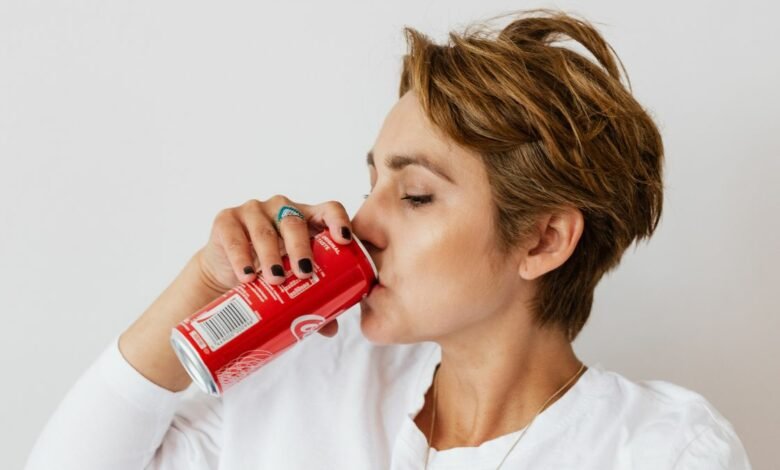WHO Lists Aspartame as a Potential Carcinogen; Questions Rise on Coca Cola & Others
The U.S. soda giant Coca-Cola saw its stock value take a dip. Why? There's news that Aspartame, a popular artificial sweetener in many soft drinks, might be linked to cancer. The International Agency for Research on Cancer (IARC) is considering labeling it as a potential carcinogen. This had an impact on the market. On Thursday, June 29, Coca-Cola's stock ended the day at $60.02 per share on the New York Stock Exchange, which is 0.83% less than what it was when the market closed the day before.

In a groundbreaking disclosure that sends shockwaves through the beverage industry, the World Health Organization (WHO) has classified aspartame, a commonly used artificial sweetener, as a possible carcinogen. This revelation challenges decades-long assurances by major beverage manufacturers, particularly The Coca-Cola Company, about the safety and health benefits of this zero-calorie sweetener.
Aspartame, also known as Sweetener 951, has been a common component in many popular beverages and food items for several years. In the light of this recent WHO report, the safety of such products is being intensely scrutinized, particularly in relation to cancer risk.
Numerous studies are underway to further understand the implications of this artificial sweetener on human health, considering its ubiquitous presence in our diet. Preliminary findings suggest a potential link between aspartame and various forms of cancer, sparking urgent calls for regulatory measures.
Coca-Cola’s Decades-Long Deception: A Bitter Pill to Swallow
Coca-Cola, one of the leading global soft drink manufacturers, has been extensively utilizing aspartame in their “diet” and “zero” lines for many years, misleading consumers with the allure of guilt-free indulgence. The recent WHO disclosure not only challenges the perceived safety of these products but also raises serious questions about the company’s transparency and consumer loyalty.
In the wake of WHO’s announcement, Coca-Cola stocks have experienced a significant plunge, reflecting consumer concerns and an immediate desire for more health-conscious options.
Coca-Cola, a brand built on the promise of refreshing consumers with its iconic beverages, must now answer some difficult questions. Has the global beverage giant been aware of these health concerns? If so, why were consumers not made aware of the potential health risks tied to Aspartame?
Coca-Cola’s share prices took a nosedive following the WHO’s announcement, indicating that investors are also unsettled by these developments. It’s unclear how this revelation will impact Coca-Cola’s market position and brand reputation in the long run.
The Fallout and What’s Next For Next For Sweetened Soda Makers
This unsettling revelation has called for increased scrutiny from health and regulatory bodies worldwide, questioning the use of artificial sweeteners in food and beverages. While the full impact of this disclosure is yet to be measured, it underscores the urgent need for transparency and accountability from corporations towards their consumers.
Further studies are expected to be conducted to fully understand the implications of aspartame and other artificial sweeteners on human health. In the meantime, consumers are urged to reconsider their choices and opt for natural, healthier alternatives.
As we continue to dissect the health implications of what we consume, one thing is certain: consumers deserve transparency and honesty. As we step into a new era of consumer awareness and empowerment, we ask – what else is hiding in our food and drinks, and when will the truth be revealed?







